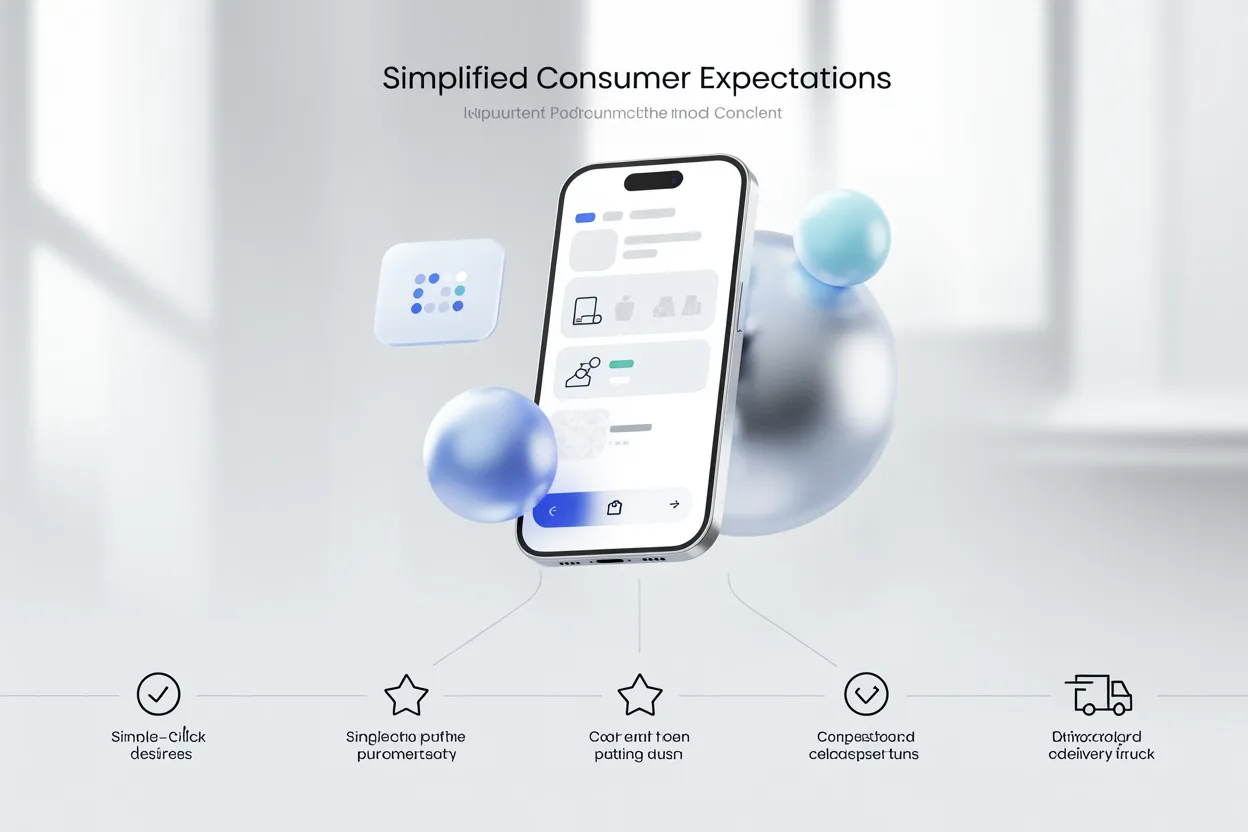Introduction
Every day, consumers make countless purchasing decisions, ranging from small items like snacks to larger investments such as cars or homes. But what drives these decisions? Why do some customers buy a particular product or service while others choose a competitor? Understanding consumer buying behaviour is crucial for businesses aiming to increase sales and customer loyalty.
Consumer buying decisions are shaped by a variety of factors that go beyond just price. These factors can be psychological, social, emotional, or even practical in nature. By understanding these factors, you can create more effective marketing strategies, build stronger customer relationships, and ultimately drive more sales.
In this blog, we’ll explore why understanding consumer buying decisions is important and dive into the top five factors that influence these decisions.
Why is it Important to Understand Customer Buying Decisions?
Understanding how and why customers make purchasing decisions is key to growing a business. Here’s why:
Improved Marketing Strategy: When you understand what influences buying decisions, they can tailor their marketing efforts to address customer needs more effectively. This leads to better-targeted advertising, promotions, and product positioning.
Customer Retention: By appealing to the factors that influence a customer’s purchasing behavior, you can build trust and loyalty, leading to repeat purchases and long-term customer relationships.
Competitive Advantage: Businesses that understand consumer buying behaviour can stay ahead of competitors by anticipating trends and responding to consumer preferences faster and more effectively.
Increased Sales: Ultimately, businesses that understand what drives purchases are in a better position to increase their sales by providing customers with what they want and need at the right time.
Product Development: Understanding consumer preferences and behaviour helps you refine their products or services, ensuring that they meet customer expectations and fill gaps in the market.
5 Factors that Influence Consumer Buying Decisions
Here are the top 5 factors that impact consumer buying decisions:
1. Price Sensitivity
Price plays a pivotal role in consumer decision-making, especially for cost-conscious shoppers. For many consumers, price is often the first factor they consider when deciding whether to make a purchase. A product’s price can make or break a sale, and finding the right price point is key to influencing buying behaviour.
How it Influences Buying Decisions:
- Discounts and Offers: Price-sensitive consumers are more likely to make a purchase when there’s a sale or discount.
- Value for Money: Consumers assess the quality they receive for the price they pay. If a product appears to offer good value, consumers are more likely to buy it, even at a higher price.
- Competitor Pricing: When a product is priced significantly higher than competitors, potential customers may decide to go elsewhere.
2. Social Influence
Consumers are often influenced by the opinions, behaviours, and experiences of those around them. Social influence, whether from peers, family, or influencers, plays a significant role in the decision-making process. A consumer may choose a product simply because their friends or family members have recommended it or because a celebrity or social media influencer has endorsed it.
How it Influences Buying Decisions:
- Peer Recommendations: Consumers are more likely to trust products that are recommended by someone they know.
- Online Reviews and Ratings: Positive reviews and ratings can have a significant impact on consumer trust and influence their decision to purchase.
- Influencer Endorsements: The rise of social media influencers has made them key players in shaping buying behavior, particularly among younger demographics.
3. Emotional Connection
Emotions play a central role in the consumer buying process. Often, the decision to buy a product is driven by how it makes the consumer feel. For instance, consumers may buy products that they associate with happiness, security, or success. The emotional appeal of a product can often outweigh the functional aspects of it.
How it Influences Buying Decisions:
- Branding and Storytelling: Brands that tell compelling stories or create emotional narratives can form a deeper connection with their customers.
- Product Association with Lifestyle: Many consumers choose products based on the lifestyle or image they associate with them (e.g., luxury brands or sustainable products).
- Advertising Appeal: Emotional appeals in advertising—such as happiness, love, or nostalgia—can push customers to buy.
4. Convenience and Accessibility
In today’s fast-paced world, consumers value convenience and ease of access when making purchasing decisions. Whether it’s shopping in a physical store or online, how easy it is for a customer to find, purchase, and receive a product can significantly influence their decision.
How it Influences Buying Decisions:
- Online Shopping Experience: A user-friendly website or app with fast checkout options encourages customers to complete their purchases.
- In-Store Convenience: Easy-to-find products and a smooth in-store shopping experience can sway customers.
- Delivery Speed: Fast delivery options can be a deciding factor, especially for online shoppers who need products quickly.
5. Perceived Quality and Brand Reputation
The reputation of a brand and the perceived quality of its products are significant factors that influence consumer buying decisions. Consumers are more likely to purchase products from brands they trust and that have a history of delivering high-quality items.
How it Influences Buying Decisions:
- Brand Loyalty: Established brands with a reputation for quality are often chosen over lesser-known competitors.
- Trust: Consumers are more likely to buy from brands that they feel are reliable and transparent.
- Quality Perception: If a product is seen as high-quality or premium, customers are often willing to pay a higher price for it.
Conclusion
Understanding the factors that influence consumer buying decisions is crucial for businesses aiming to boost sales and foster loyalty. Price, social influence, emotional connections, convenience, and brand reputation all play key roles in shaping a consumer’s decision to buy a product.
By addressing these factors and tailoring marketing strategies to meet consumer needs and expectations, businesses can effectively reduce churn, improve customer satisfaction, and enhance overall performance. Book a demo with Nudge to understand these factors and implement the right strategies for your product. This can help guide your approach to building stronger relationships with customers and ultimately driving long-term success.
Sign up for our Daily newsletter
We'll be in your inbox every morning Monday-Saturday with all the day’s top business news, inspiring stories, best advice and reporting from Entrepreneur,


